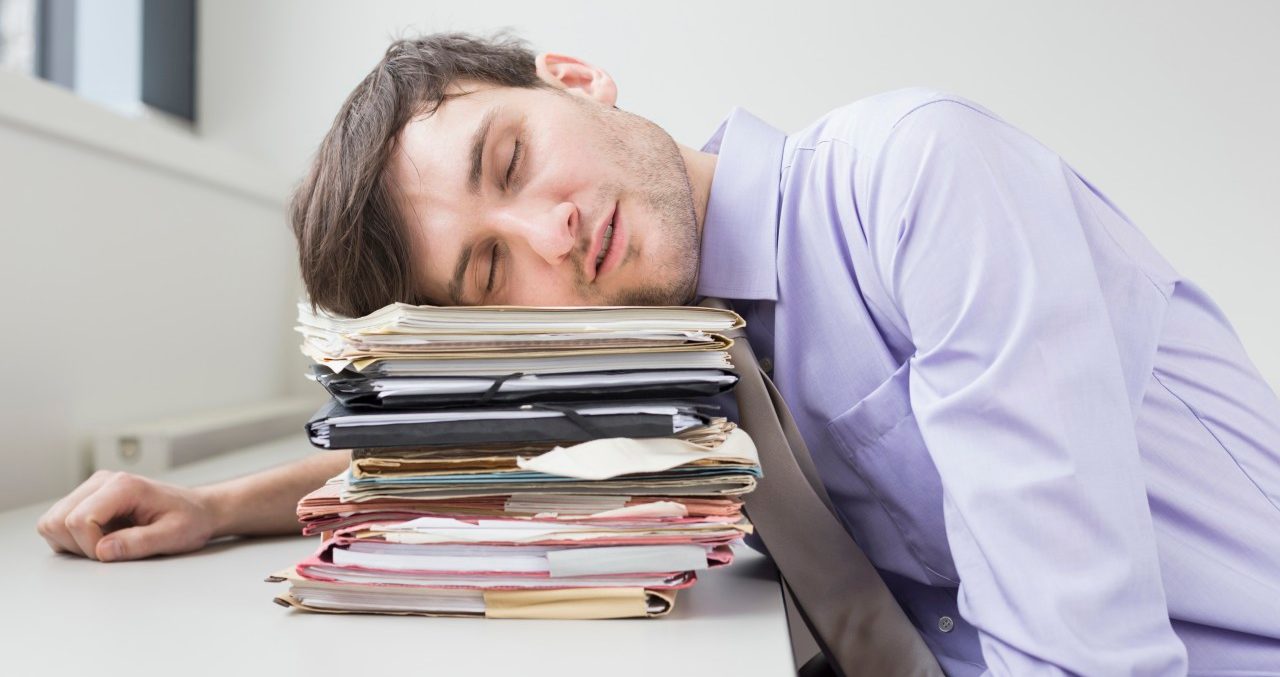Are Americans Getting Enough Sleep?

If you count yourself among the sleep deprived, your first step might be to determine your own sleep needs.
We often hear that the nation is suffering from an epidemic of sleep-deprivation. If you’re frequently tired yourself, you may need more snooze-time, or the real problem may be the quality of your sleep.
Surprisingly, American adults, on average, said they were sleeping more than 8 hours a day, in a 2013 survey by the Bureau of Labor Statistics about how we spend our time. In last year’s poll results from the National Sleep Foundation, we reported sleeping 7 hours and 36 minutes a night, typically going to bed at 10:55 p.m. and waking at 6:38 a.m. on workdays, while sleeping roughly 40 minutes longer on non-workdays or weekends. This is pretty much in the desirable ballpark; experts now recommend 7 to 9 hours for adults, although there’s some debate about whether 7 hours might actually be optimal, compared to more. A panel partly funded by the Centers for Disease Control and Prevention (CDC) may issue new recommendations this year.
However, there’s no “magic number” for everyone: sleep needs vary by individual, and you may be operating on a sleep debt accumulated over time. Sleep quality matters too. In the Sleep Foundation survey, 35 percent rated their sleep as “poor” or “only fair,” and 24 percent of women and 16 percent of men said they had woken up tired every day for the last week. Insomnia is common: Forty percent of men and 49 percent of women said they had trouble falling asleep at least one night that week. Meanwhile, 48 percent of men and 56 percent of women said they couldn’t stay asleep.
If you count yourself among the sleep deprived, your first step might be to determine your own sleep needs. Over a two-week period when you have a flexible schedule, pick a consistent bedtime and awake without an alarm clock. During your trial, keep notes on the time you wake up. You may sleep late for a few days or a week while catching up. Once you begin to arise at the same time each morning — and if you feel refreshed and good during the day — you’ve probably got your answer.
To improve your sleep, the National Sleep Foundation recommends that you:
- Create a consistent regular, relaxing bedtime routine such as soaking in a hot bath or listening to soothing music. Begin an hour or more before the time you expect to fall asleep.
- Create a sleep-conducive environment that is dark, quiet, comfortable, and cool.
- Sleep on a comfortable mattress and pillows.
- Use your bedroom only for sleep and sex.
- Finish eating at least 2 to 3 hours before your regular bedtime.
- Exercise regularly.
- Avoid caffeine and alcohol close to bedtime, and give up smoking.
Many people get into trouble because they watch TV or play with electronic devices to relax at night. Your body-clock, inherited from the days when people lived by the sun, is set by light. The brightness emitted from televisions, smartphones, tablets, and laptops sends the wrong signal. Skip Facebook and read a paper book or magazine instead. Another common mistake is the alcoholic “nightcap.” Alcohol is sedating at first, but when the effect wears off during the night you may wake up.
Routine is your friend. Even on the weekends, try to go to bed and get up within an hour of your weekday schedule. Don’t assume you‘re getting enough sleep because you live in a more relaxed part of the country and aren’t indulging in a hot night life. The most sleepless city, the industry group SleepBetter.org reports, is Charleston, W.Va.; all of the cities in the top 13 fall in the South and Midwest, based on the group’s 2012 analysis of data from CDC surveys.
On the other hand, you needn’t worry that you’re an insomniac if you wake up now and then. Says Lisa Shives, a sleep specialist at SleepBetter.org, “It’s perfectly normal, even healthy, to wake-up frequently throughout the night. That is, if you immediately fall right back to sleep and you feel well-rested and fresh the next day.”
Feeling consistently well-rested in the morning is the best sign of a good sleep routine. Talk with a doctor if you’re chronically tired or sleepy despite enough hours in bed.
Updated:
February 24, 2020
Reviewed By:
Christopher Nystuen, MD, MBA